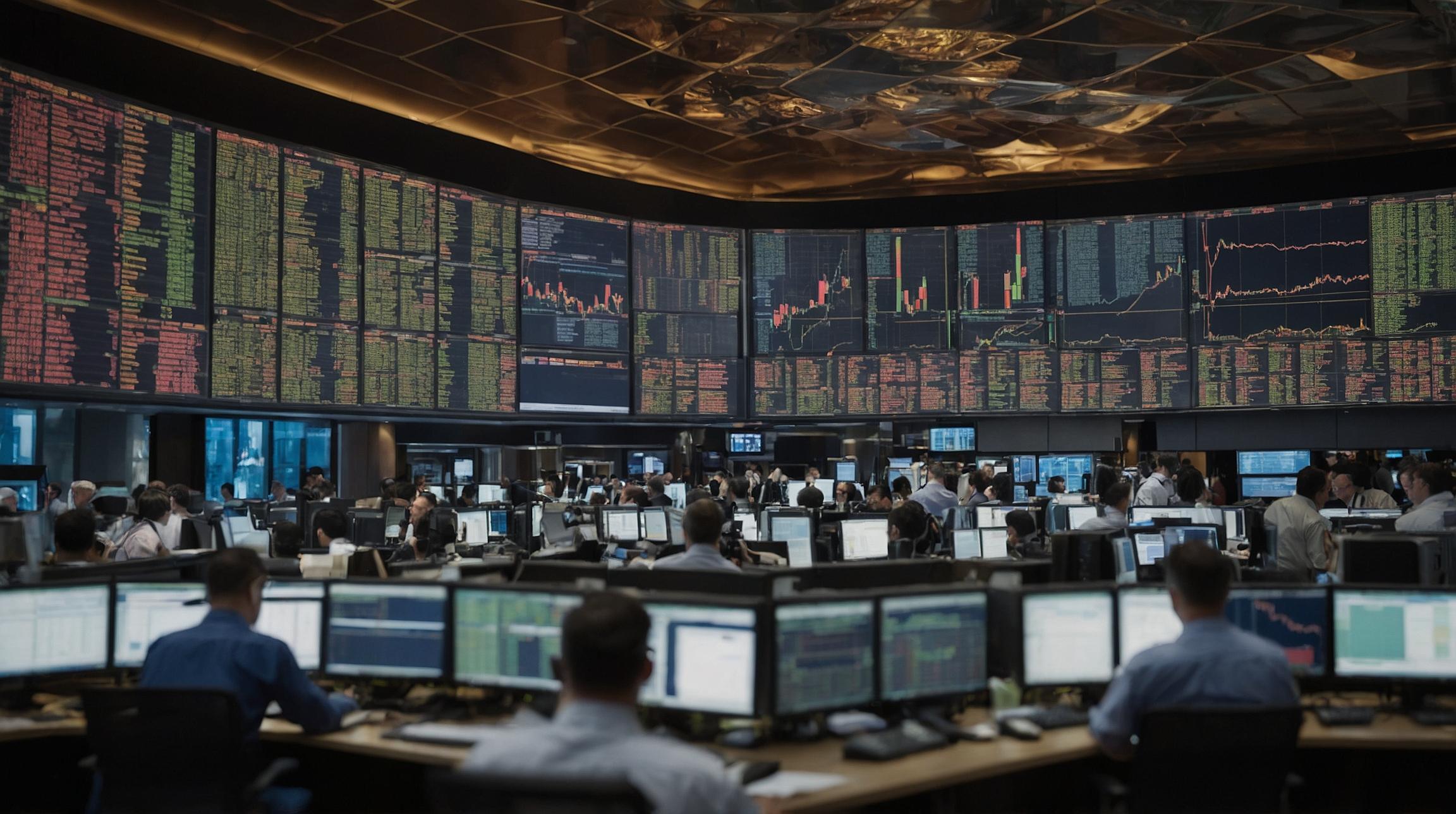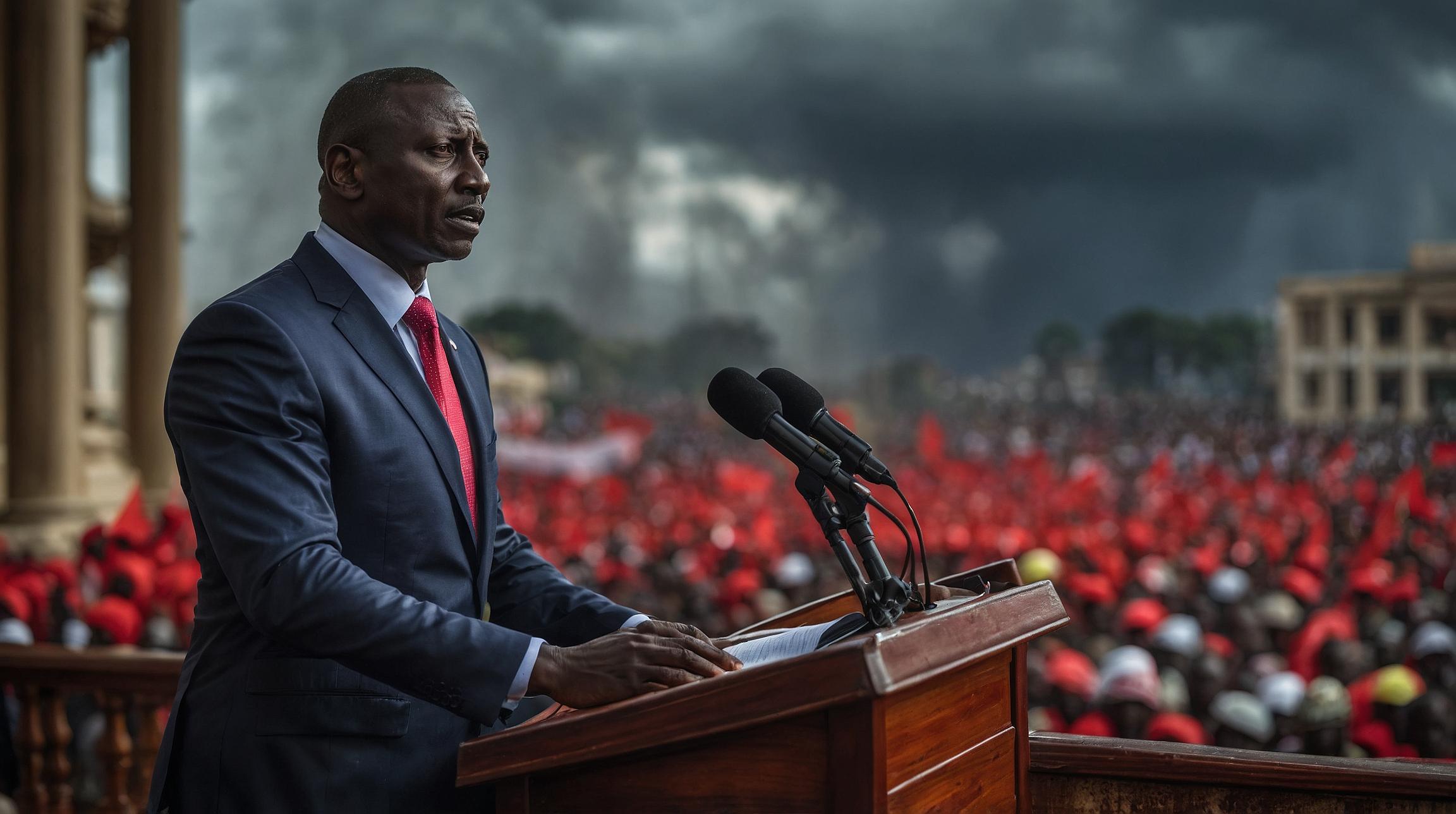Senator Warren Questions Rolex’s Intentions in Hosting President Trump
Senator Elizabeth Warren sent a pointed letter to Rolex CEO Jean-Frederic Dufour on Wednesday, criticizing the luxury watchmaker for hosting President Donald Trump at the 2025 U.S. Open. Warren raised concerns that the invitation could be an attempt by Rolex to influence trade policy amid ongoing tariff disputes between the U.S. and Switzerland. The Massachusetts Democrat suggested that Rolex may be following a playbook similar to that of technology giants Apple and Nvidia, which have both engaged with the Trump administration to secure favorable treatment, including tariff exemptions.
“This invite … raises questions about whether you are cultivating a relationship with President Trump in attempts to secure lucrative tariff exemptions for Rolex products,” Warren wrote in her letter addressed to the watchmaker’s CEO.
Trump’s 39% Tariff on Swiss Exports Sparks Industry Concerns
In August, President Trump announced a 39% tariff on Swiss exports, a rate notably higher than tariffs imposed on the European Union and the United Kingdom. This move has intensified trade tensions and directly threatens Switzerland’s renowned watchmaking industry. According to Bernstein analyst Luca Solca, the anticipated last-minute trade deal between the U.S. and Switzerland failed to materialize, leaving Swiss watchmakers facing the likelihood of increased prices due to the tariffs.
“Given the President’s record of doling out special treatment to CEOs who are able to woo him with flattery, payoffs, or both, the timing of his attendance at the match in the Rolex box is concerning,” Warren stated.
Corporate Engagement with Trump Administration Under Scrutiny
Warren’s letter suggests a pattern where companies engage directly with President Trump to secure advantageous trade deals or exemptions. Both Apple and Nvidia have publicly announced significant domestic investments since Trump’s return to office in January, and Trump recently hosted a White House dinner with tech CEOs. The White House dismissed Warren’s accusations as “asinine conspiracy theories,” with spokesman Kush Desai urging her to focus on more productive efforts.
Trump’s U.S. Open Appearance Highlights Tensions
Trump’s presence in Rolex’s midcourt box during the U.S. Open men’s singles final alongside CEO Jean-Frederic Dufour, family members, and senior administration officials drew significant media attention. The gathering underscored the close ties between the President and select corporate leaders amid contentious trade policies.
Swiss Watchmaker Swatch Responds Creatively to Tariffs
In contrast to Rolex’s approach, Swiss watchmaker Swatch took a symbolic stance by releasing a special-edition watch named “WHAT IF…TARIFFS?” This model features the numbers three and nine reversed on its dial, representing the 39% tariff imposed by the U.S. Swatch has stated it will discontinue the watch once U.S. tariff policies toward Switzerland change, signaling its protest against the levies.
FinOracleAI — Market View
The confrontation between Senator Warren and Rolex highlights the complexities for Swiss luxury brands navigating U.S. trade policy under the Trump administration. The 39% tariffs pose significant risks for pricing and sales in the lucrative American market.
- Opportunities: Leveraging high-profile events to influence policy may secure tariff exemptions, potentially preserving market share.
- Risks: Public scrutiny and political backlash could damage brand reputation and consumer trust.
- Escalating tariffs may force price increases, reducing competitiveness against other luxury watchmakers.
- Creative responses like Swatch’s symbolic watch may resonate with consumers and policymakers, applying pressure for policy change.
Impact: The ongoing tariff dispute and corporate engagement strategies create a volatile environment for Swiss watchmakers in the U.S., with potential long-term implications for trade relations and industry profitability.













